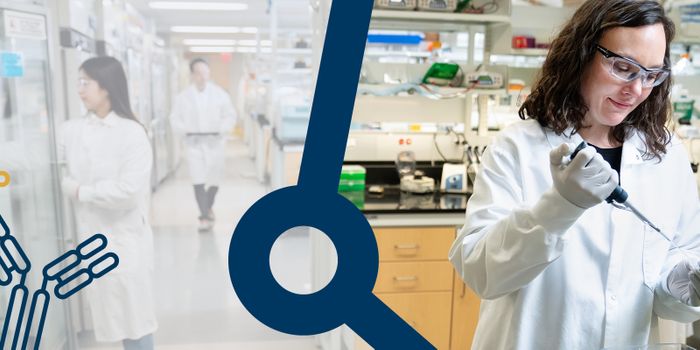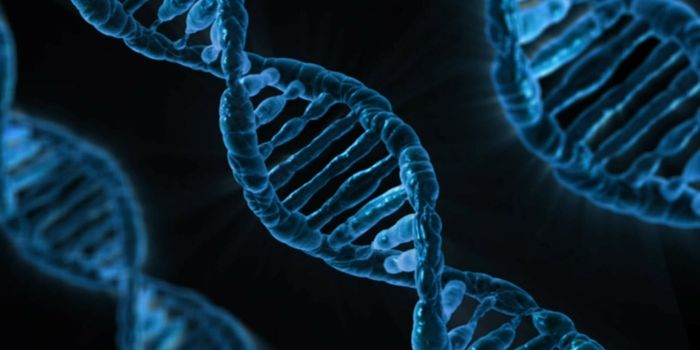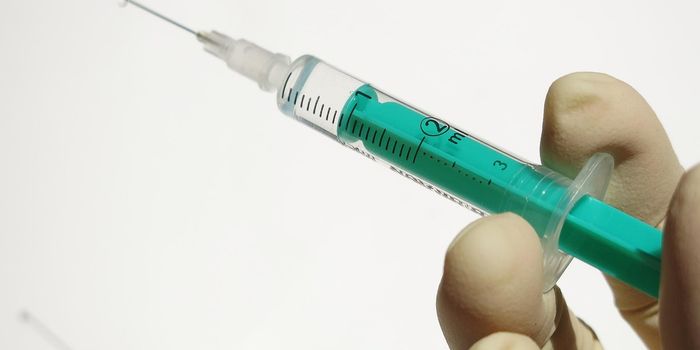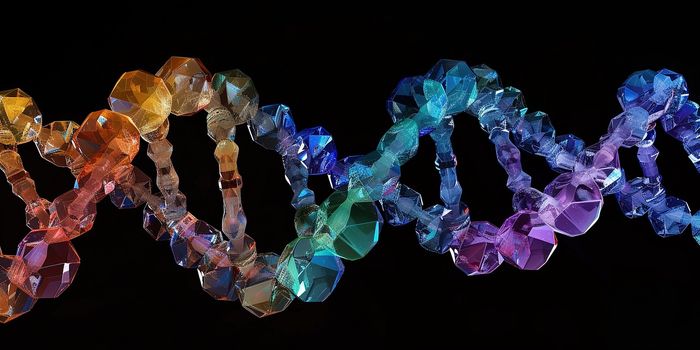What should breast cancer treatment in older women look like?
A new study published in JAMA Network Open by researchers at UPMC Hillman Cancer Center and the University of Pittsburgh School of Medicine contemplates the question of ageism in breast cancer treatment while also suggesting new recommendations for treatment guidelines. The researchers behind the study say that older patients are oftentimes not included in clinical trials because of their age, resulting in a gap in knowledge about treatment options for older women.
This comes into play when doctors are trying to decide if a cancer treatment will do more harm than help for an older patient - there just isn’t enough data out there at the moment. Senior author of the study Priscilla McAuliffe, M.D., Ph.D. is a surgical oncologist at UPMC Hillman Cancer Center and an attending surgeon in the Department of Surgery at Pitt. She says:
"As a breast surgeon, I want to give my patients the best chance of survival with the best quality of life. However, we have found that overtreatment of early-stage breast cancer in older patients may actually cause harm while not improving recurrence or survival rates."
Although guidelines have previously recommended lesser treatment options (either shorter or less physically intense) for older breast cancer patients, to date there have not been any studies on the topic. The research team wanted to figure out if the rate of cancer recurrence or survival is affected by treatment choice in elderly patients diagnosed in the early stages.
An analysis of over 3,000 over the age of 70 with ER-positive, HER2-negative breast cancer showed that the number of sentinel lymph node biopsy and radiotherapy procedures was appropriately high at 65.3% and 54.4% respectively. Furthermore, they determined that the rates of disease recurrence or survival also stayed the same for patients who received these treatments and for those who did not, independent of their comorbidities or tumor grade.
"This study is an example of how we can use big data to deliver on the promise of precision medicine--getting the right treatment to the right patient at the right time," commented Adrian Lee, Ph.D., who is an investigator at the Women's Cancer Research Center at UPMC Hillman Cancer Center and Magee Women's Research Institute. "Sometimes--as it happens to be in this case--that could mean deciding not to provide a certain treatment to ensure better care for the patient."
Sources: JAMA Network Open, Eureka Alert








